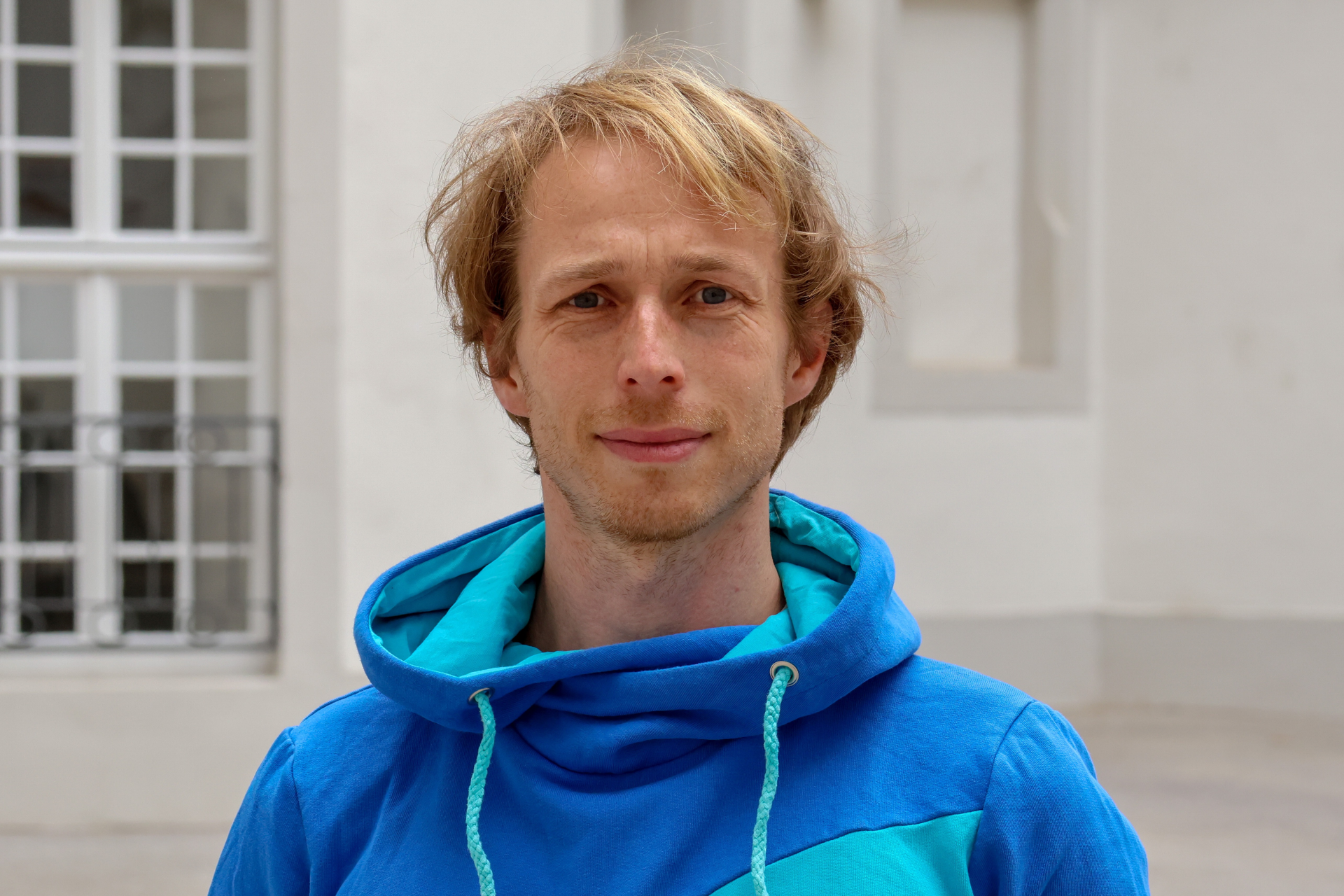Workshop: Everyday Transformations: A municipal lens on (post)growth (dis)entanglements
CESCAME invites you to the workshop with Benedikt Schmid! Join us in Prague and online on 28 April at 15:00 CEST. Click to see more details & register.
Benedikt Schmid in conversation with CESCAME
Beyond our public events, the CESCAME team values in-depth intellectual exchange through our internal reading sessions. Last year, we were particularly captivated by Benedikt Schmid and Gerald Taylor Aiken's insightful article “A critical view on the role of scale and instrumental imaginaries within community sustainability transitions research” published in Area. The article sparked a vibrant discussion within our group, and we're thrilled to announce that Benedikt Schmid will be visiting the Institute of Sociology on 28 April 2025 to share his expertise.
Join us for what promises to be an engaging lecture and discussion!
Where: Prague (The Academic Conference Center; Husova 4a, Prague 1, Czech Republic) or online.
When: 28 April 2025 15.00—16.30 PM (CEST).
Please make sure to register in advance. If you encounter any issues related to accessing the workshop or have any related questions, please don’t hesitate to contact Karel Němeček at karelnemecek@mail.muni.cz. Thank you!
Who is Benedikt Schmid?

Benedikt Schmid holds a doctorate in Geography from the University of Luxembourg and is currently a post-doctoral researcher at the chair of Geography of Global Change at the University of Freiburg. His research focuses on the role of local institutions and community-led organizations for post-growth-oriented transformations.
Everyday Transformations: A municipal lens on (post)growth (dis)entanglements
Economic growth serves as a core organizing principle in contemporary society, deeply embedding growth dependencies into its practices and institutions. This creates significant challenges for transformative efforts, as evidence increasingly highlights the counterproductive nature of prioritizing market performance over sustainability and justice outcomes. Importantly, however, significant swaths of practices and arrangements evade this logic—sometimes partially, unintentionally, or temporarily, sometimes substantially, deliberately, and enduringly. This contribution examines the complex social dynamics that reinforce, resist, adapt to, and ignore growth-based relations through a municipal lens—where clear, structural definitions of GDP growth are not easily translatable, and diverse practices that exist within and outside of capitalist relations are deeply entangled. By exploring two empirical examples—the common good-oriented district development of Kleineschholz in Freiburg, Germany, and the tentative institutionalization of Doughnut Economics in Tomelilla, Sweden—this presentation scrutinizes the heterogeneous alliances and negotiation processes behind these potentially transformative projects. Guided by the question of how to assess transformations as they unfold, this presentation aims to enhance our understanding of potentially post-growth-oriented dynamics in urban contexts.